Description
PPG Tablet (Voglibose) – Treatment for Type 2 Diabetes Mellitus
PPG Tablet is an effective anti-diabetic medication used to control post-meal blood sugar spikes in patients with Type 2 Diabetes Mellitus. This medicine is typically prescribed when other diabetes medications along with dietary restrictions fail to manage high blood glucose levels. It works by slowing carbohydrate absorption in your intestines, helping maintain stable blood sugar levels after meals. It should be taken as part of a comprehensive treatment plan that includes a balanced diet, regular exercise, and weight management. Unlike some diabetes medications, the Tablet by itself doesn’t cause hypoglycemia, making it a safer option for certain patients.
Uses of PPG Tablet:
- Management of Type 2 Diabetes Mellitus
- Control of postprandial (after-meal) blood glucose levels
Benefits of PPG Tablet:
- Effectively controls blood sugar spikes after meals
- Does not typically cause hypoglycemia when used alone
- Can be combined with other diabetes medications
- Helps prevent diabetes-related complications
Side Effects of PPG Tablet:
Most side effects are mild and temporary. Consult your doctor if they persist:
- Flatulence (gas)
- Abdominal pain
- Diarrhea
- Skin rash
- Loss of appetite
- Constipation
How to Use PPG Tablet?
- Take immediately before each meal (typically 3 times daily)
- Swallow whole with water – do not chew, crush or break
- Take on an empty stomach for best results
- Follow your doctor’s prescribed dosage strictly
- Continue taking even if you feel well
How PPG Tablet Works?
The Tablet contains Voglibose, an alpha-glucosidase inhibitor that:
- Blocks enzymes in the intestines that break down complex carbohydrates
- Slows conversion of sugars into glucose
- Reduces rapid blood sugar spikes after meals
- Helps maintain more stable blood glucose levels
Safety Advice:
- Alcohol: Unsafe – increases hypoglycemia risk
- Pregnancy: Generally safe if prescribed
- Breastfeeding: Probably safe – limited risk to baby
- Driving: Safe – usually doesn’t affect ability
- Kidney Disease: Use with caution in severe cases
- Liver Disease: Use with caution in severe cases
What If You Missed a Dose?
If you miss a dose, skip it and take your next dose at the regular time before your next meal. Do not take a double dose to make up for the missed one.
FAQs:
Q1. Does PPG Tablet cause weight loss?
The Tablet at normal doses doesn’t typically cause weight loss. Very high doses might affect food absorption and lead to weight loss, but it should never be used specifically for weight management without medical supervision.
Q2. When should I take PPG Tablet?
It should be taken immediately before each main meal, typically three times daily. The exact timing should be as prescribed by your doctor.
Q3. Can PPG Tablet cause low blood sugar?
When used alone, This Tablet rarely causes hypoglycemia. However, when combined with insulin or sulfonylureas, the risk of low blood sugar increases and requires monitoring.
Q4. What should I do if I experience gas or stomach pain?
These are common initial side effects that often improve as your body adjusts. If they persist or become severe, consult your doctor who may adjust your dosage or recommend dietary changes.
Q5. Who should not take PPG Tablet?
It is not recommended for patients with inflammatory bowel diseases (like Crohn’s or ulcerative colitis), diabetic ketoacidosis, or severe digestive disorders. Always inform your doctor about your complete medical history before starting this medication.

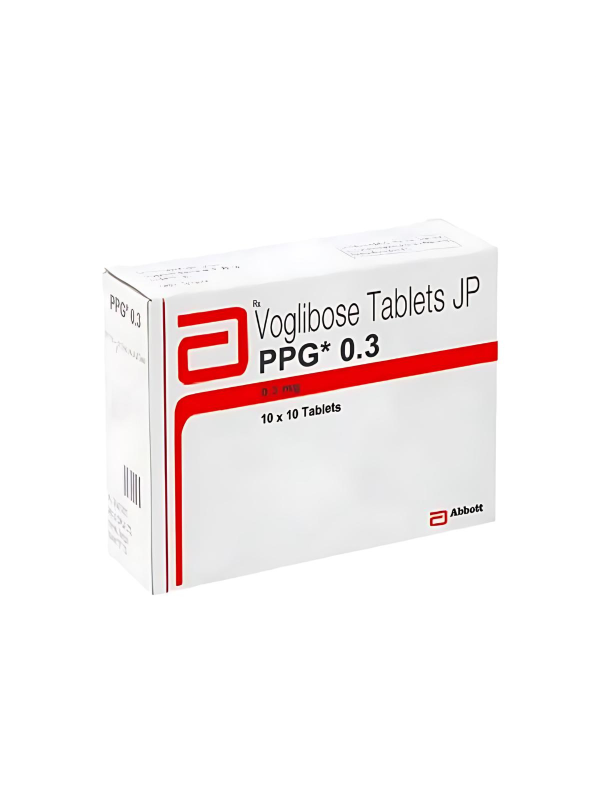
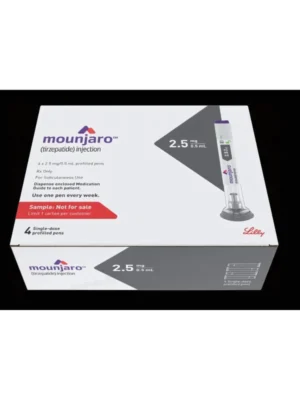
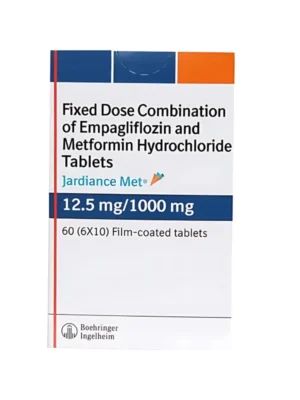
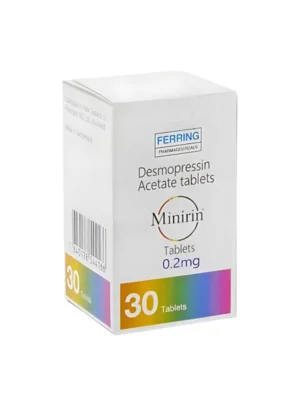
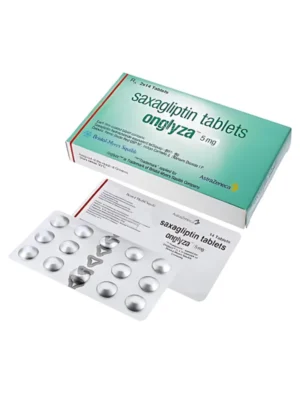
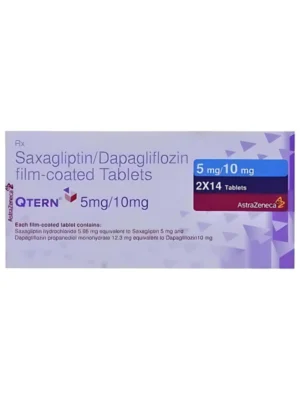
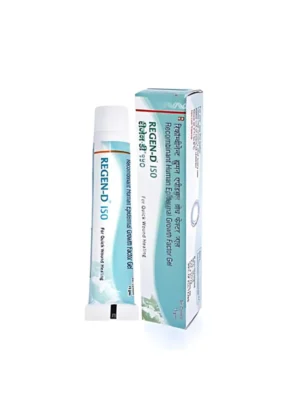
There are no reviews yet.